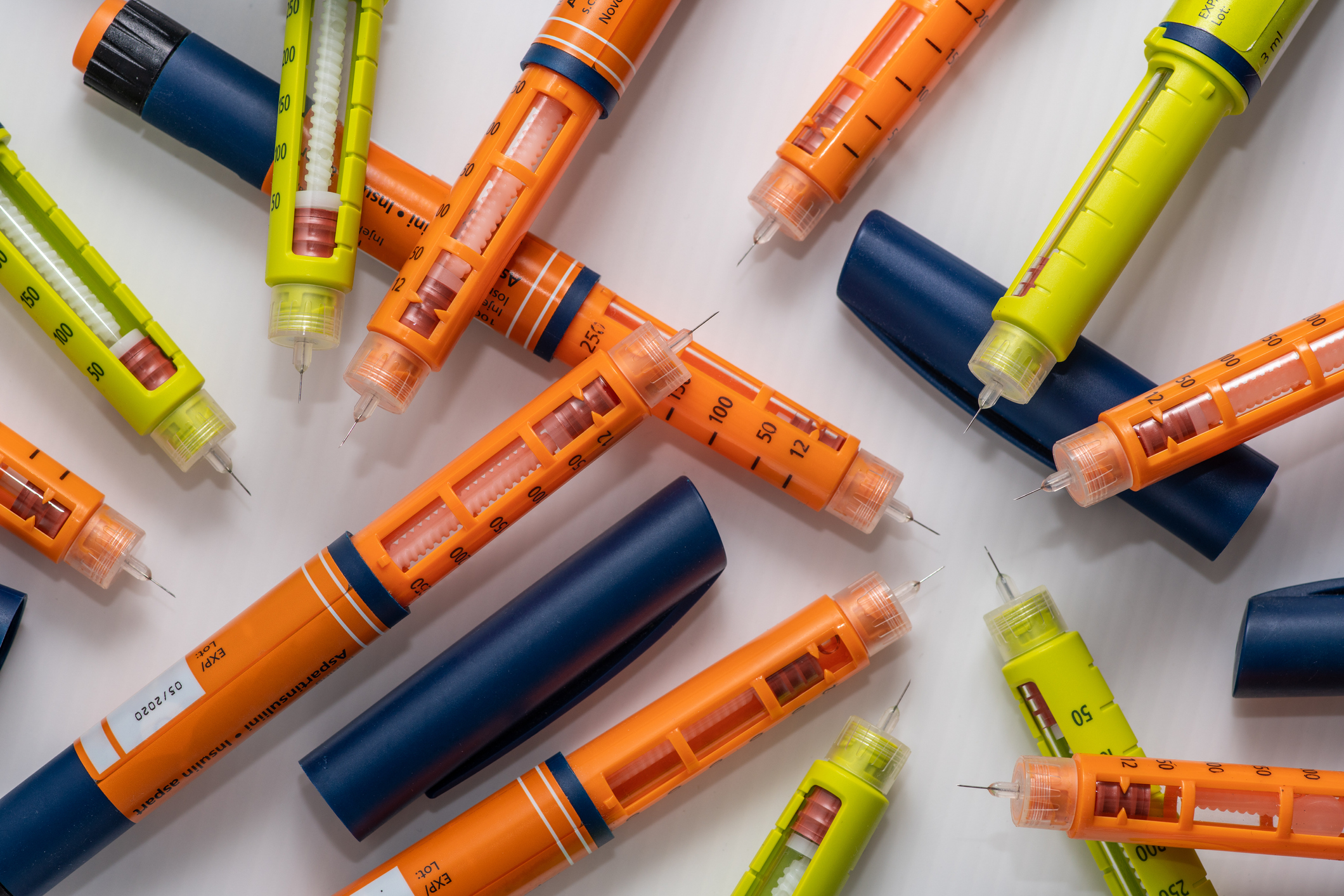Don't believe that insulin is cheap
And more of the week's best financial insight

A free daily email with the biggest news stories of the day – and the best features from TheWeek.com
You are now subscribed
Your newsletter sign-up was successful
Here are three of the week's top pieces of financial insight, gathered from around the web:
Navigating need-based college aid
Your family may be eligible for more college financial aid than you think, said Ron Lieber at The New York Times. The financial aid forms that families are asked to file — "the dreaded FAFSA" — can appear inscrutable. But they are worth working through even for many families at the upper end of the income ladder. "Over a four-year span, families with annual household income of $200,000 can get a third or more of the cost knocked off an education with a $300,000 list price." I ran the numbers for a family with that income, $50,000 in college savings, and $200,000 in home equity through price simulators at three private schools: Rice, Northwestern, and Vanderbilt. I wound up with total costs of $39,000 to $45,000 a year after need-based aid, a dramatic savings from list prices of $69,000 to $79,000.
The Week
Escape your echo chamber. Get the facts behind the news, plus analysis from multiple perspectives.

Sign up for The Week's Free Newsletters
From our morning news briefing to a weekly Good News Newsletter, get the best of The Week delivered directly to your inbox.
From our morning news briefing to a weekly Good News Newsletter, get the best of The Week delivered directly to your inbox.
Don't believe that insulin is cheap
Take it from me, insulin is not "cheap as water," said David Lazarus at the Los Angeles Times. That was President Trump's claim at the first presidential debate last week. He said "a series of executive orders have forced pharmaceutical companies to slash prices," including on the cost of insulin. "But as someone with type 1 diabetes who relies on daily insulin doses to stay alive, I found Trump's remarks particularly offensive." Insulin prices have actually tripled in recent years to "as much as $300 per vial, which in many cases is less than a month's supply." What Trump was apparently referring to is an announcement in May that "some (but not all) Medicare plans would cap monthly insulin co-payments by seniors at $35." That's still more than $400 a year, and only goes into effect next year.
An ETF for the blank-check frenzy
"The first exchange-traded fund to track blank-check companies" made its trading debut last week, said Katherine Greifeld at Bloomberg. Such companies — formally known as special-purpose acquisition companies, or SPACs — were the hot investment fad of the summer. Through a SPAC, the public buys shares in a "blank-check company" with the expectation that it will purchase a private company within two years. The Defiance NextGen SPAC IPO ETF is designed to let investors purchase a bucket of shares in companies that went public through SPACs. One caveat: Only 20 percent of the fund tracks "pre-acquisition SPACs," which hold the greatest potential for outsize returns, but are illiquid and hard to trade.
A free daily email with the biggest news stories of the day – and the best features from TheWeek.com
This article was first published in the latest issue of The Week magazine. If you want to read more like it, you can try six risk-free issues of the magazine here.
-
 How the FCC’s ‘equal time’ rule works
How the FCC’s ‘equal time’ rule worksIn the Spotlight The law is at the heart of the Colbert-CBS conflict
-
 What is the endgame in the DHS shutdown?
What is the endgame in the DHS shutdown?Today’s Big Question Democrats want to rein in ICE’s immigration crackdown
-
 ‘Poor time management isn’t just an inconvenience’
‘Poor time management isn’t just an inconvenience’Instant Opinion Opinion, comment and editorials of the day